Text
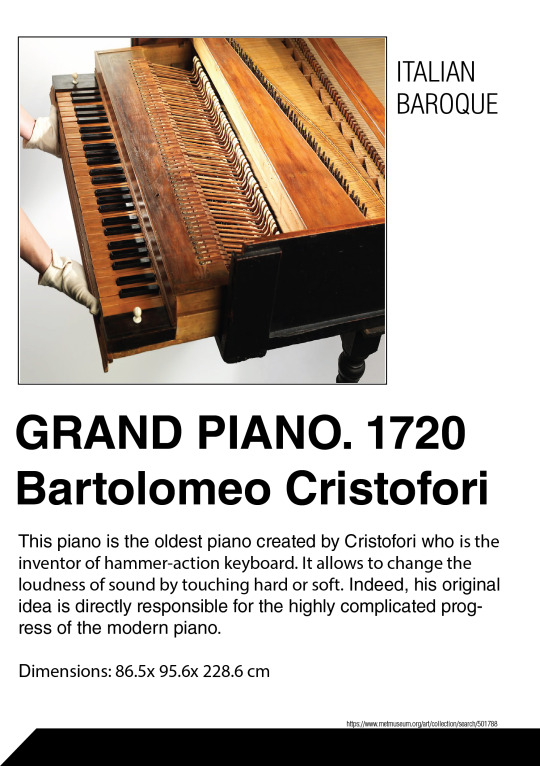
WEEK 11
You can click the link to see the detailed lecture about this context!
youtube
#italianbaroque#baroque#17thcenturyart#arthistory#technology#baroquetechnology#grandpiano#cristofori#Youtube
0 notes
Note
orchid and jasmine for the asks? :0
hello my darling!! thank you for the asks!! ✨💛
orchid ⇢ what’s a song you consider to be perfect?
Oh wow that’s hard!! From a more technically standpoint I love
and
Both are prime daydreaming and writing material. My mother always used to play me Cristori’s Dream so it has a lot of sentimental value.
Just talking personally though, I have loved this song
since I was eleven years old. It’s what I imagine falling in love sounds like 💖
jasmine ⇢ do you have a movie or book you loved but will never watch/read again?
A running joke in my family is how my sisters and I refuse to rewatch Wall-E and Nestor because we cried so hard in both.
I don’t know if there’s anything I’d say I’d NEVER ever watch or read again. That being said, I loved Midsommar but I associate it with a very toxic relationship in my life (love dramatic irony) Plus my dad is a quadriplegic so the ending scene was ROUGH for me 🫠
Thank you again for the asks my darling!! Sending you all the love 💖
5 notes
·
View notes
Text
Do you know what is so sad about this picture?
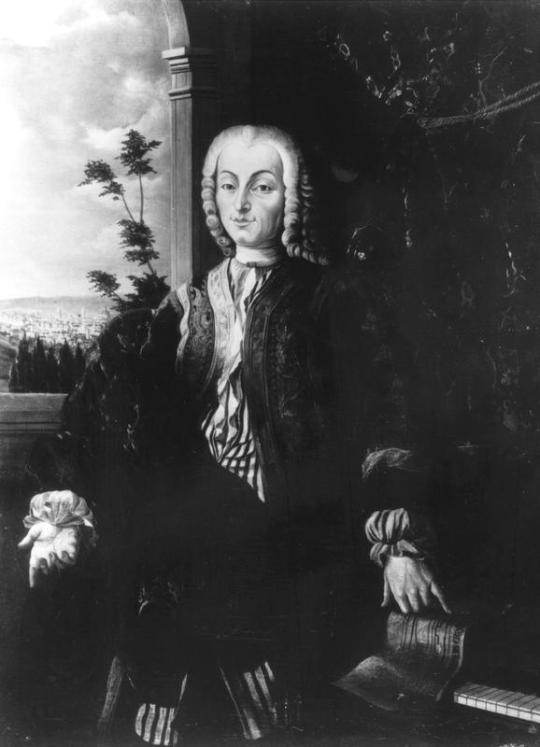
You dont know who this is, but youve heard the thing he invented:
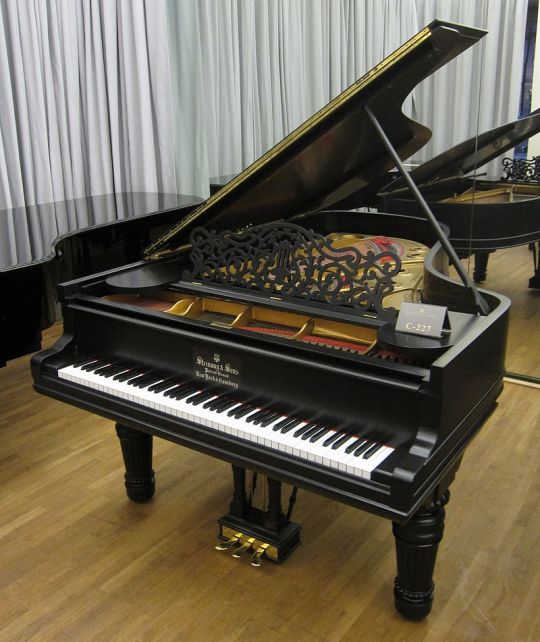
His name was Bartolomeo Cristofori. He was the man who invented the piano.
Employed by the famous Italian art patrons, the Medicis, he created the piano at the turn of the century 300 years ago. It was revolutionary because, unlike the harpsichord, it could be played softly or loudly, and that was in fact the original name — pianoforte.
What is tragic about the picture at the top is that there is only one portrait of this genius. It was, however, destroyed in World War II. But someone took a photo of the painting (in black and white) and that photo is the last remaining picture of a man that changed the destiny of music.
You can read the wiki on Signor Cristofori here and the history of the piano here.
1 note
·
View note
Text
Cristofori agrega vinhos premiados chilenos na sua carta
As novidades serão oferecidas na carta de vinhos do restaurante localizado no Bravamall e com menu assinado pelo renomado chef Dalton Rangel.
As novidades serão oferecidas na carta de vinhos do restaurante localizado no Bravamall e com menu assinado pelo renomado chef Dalton Rangel. Os rótulos são da conceituada produtora chilena Matetic Vineyard e importados pela Grand Cru. São 4 opções, da linha Equilíbrio (EQ) e Corralillo, certificadas, entre Chardonnay, Pinot Noir, Sauvignon Blanc e Syrah, este último, um tinto encorpado,…
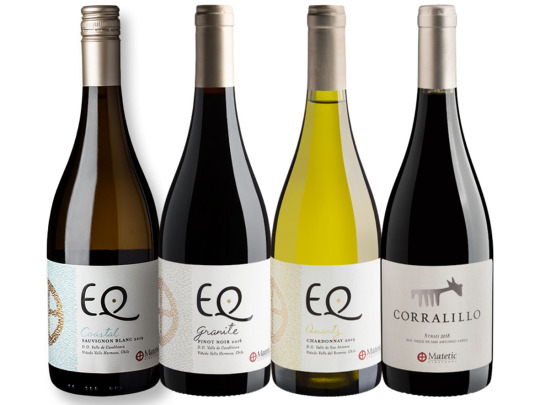
View On WordPress
0 notes
Text
AVeryCanadianFilm: Physics and Jazz
Samuel H. Lawson's notebook: Topic - the importance of equity, diversity, and inclusion in mathematics and physics.
Adolphe Sax (1814 - 1894) was a Belgium musician and inventor, he invented the saxophone around 1840. The saxophone was used by Europeans to make various types of European music. I seriously doubt anyone in Europe could have predicted the kind of music made by John Coltrane, Charlie Parker et al., using the saxophone. Bartolomeo Cristofori (1655-1731), an Italian, invented the piano. The piano was used by Europeans to make various types of European music. I seriously doubt anyone in Europe could have predicted the kind of music made by Jelly Roll Morton, Art Tatum et al., using the piano, and so on and so forth. The point is obvious. Instruments and techniques created by people of one culture are free to be used by people from a different culture to create something new and worthwhile, if they are given the opportunity.
#Saxophone#Adolphe Sax#John Coltrane#Charlie Parker#Jelly Roll Morton#Art Tatum#Hubert Hugh Burke#Script#AVeryCanadianFilm#Bartolomeo Cristofori#Piano#Mathematics#Physics#Diversity Equity and Inclusion#Academia#Jazz
0 notes
Text
youtube
I just wanted to share one of my all-time favorite instrumental pieces -- "Cristofori's Dream" by David Lanz. The title refers to the inventor of the piano.
0 notes
Text
Carolus Antonius Fodor (1768-1846) - Concerto for Piano and Orchestra in g-minor, Op. 12, III. Rondo alla turque. Allegro non troppo. Performed by Arthur Schoonderwoerd, fortepiano, and Ensemble Cristofori on period instruments.
#carolus antonius fodor#classicism#classical music#piano#orchestra#period performance#period instruments#piano concerto#concerto#fortepiano#pianist#rondo alla turca#rondo#rarely performed composers#strings#string orchestra#woodwinds#percussion#band
40 notes
·
View notes
Text
It's a poll!
NOTES: I forgot the modern piano ON PURPOSE because I wanted to name lesser-known keyboards to encourage you to look these up, especially since they're all WEIRD or HISTORIC keyboards.
"But what about the fortepiano?", it's wood-bodied and earlier instruments like the Italian-action Cristofori style sound VERY different from modern pianos. It counts. Most people haven't really listened to it!
But, more specifically, I "forgot" the modern piano, the pipe organ, and the harpsichord (my beloved).
A keyboard harp, however, is not precisely the same as a harpsichord! It's also apparently different from the upright harpsichord (clavicytherium), and I'll probably make a battle within specific instrument subtypes in the future.
REBLOG TO INCREASE SAMPLE SIZE
(Add keyboard propaganda in the Notes if you want!)
#musical keyboards#polls#musical instruments#i have heard all of these online and someday will hear more of them in person#the harpsichord is my favorite instrument in the world and i decided to leave it out#PLEASE LOOK UP SOME OF THESE
10 notes
·
View notes
Note
Okay but do talk to us about pianos in FR, I'm guessing they should not be there? Or just not that type?
Oh. Ohohohoh anon. Here we go. We're going to go on a journey into how my mind works, I'm sorry, you asked such a straightforward question but it's going to unravel something in me. I'm so sorry. I studied music as a youth, and I am an insufferable autist.

So simply put, they COULD be there. Faerun isn't a parallel to earth, they can have anything they damn well want. But also, if they are there, why are other instruments... not?
The game is set in the late 1400s in Toril, and it does seem like a time of the very beginnings of industrialisation, of the cities going through bit populous changes. We see some evidence of this when we get to Baldur's Gate proper, after being in the countryside of the Frontiers for a while. We could argue that this is a time of enlightenment in Faerun. More people are becoming atheists, the return of Lantan has brought back some technology into the Sword Coast. It's easy to say that there are some progressions in how society runs at this point.
The first piano was made in the early 1700s by Bartolomeo Cristofori. Developed from the Harpsichord, which had been in use since the 1400s. A Harpsichord has a keyboard which, when pressed, plucks a string in a manner akin to other string instruments, like a violin with a finger. The piano strikes the string with a hammer, allowing for dynamic range (quiet to loud) which is new, and brings forward a whole new possibility for the instrumentalist.
The piano changed the fucking game when it came to music. by the 1800s every established household would have had a piano. But this is all known stuff.
What I don't get is where are the adjoining instruments? The things that led to pianos being in every musical home?
A bard has the option of a flute, drum, violin, lyre, or lute in BG3. Now a violin or drum, those would stay in play for years as a folk instrument and would likely not go out of circulation. But a flute is a really, really impractical instrument option for carrying across the field compared to, say, a clarinet. If that's where we are with the development of instruments. If we have pianos... we could probably be moving from lutes through to classical guitars, which bring another whole new melodic nature to burgeoning songwriting.
(In 5e standard I believe you get the above plus the shwam, bagpipes, dulcimer, horn, gong, shorthorn, longhorn, regular old horn and zulkoon, which I'll come back to in a moment)
Also if we have pianos, then we should see evidence of harpsichords in poorer households who can't afford these wonders yet. Pianos definitely still seem like a luxury item. We only see them prominently feature in Gale's home, the music shop, and the Jannath's estate. So elsewhere it would stand to reason that we would see spinets on people's tables, or smaller keyboarded instruments popping up elsewhere.
Also, if we are at the point of pianos being in people's homes... we've got to talk about concertinas and squeezeboxes starting to come into play too. Which would revolutionise the music played by bards. We have Zulkoons which are a bellows instrument which is kind of a bellows-pumped bagpipe, which is a drone instrument. But we've not even officially had hurdy-gurdy's yet (give the people what they want, wizards, we're sick of homebrewing them in.)
But imagine! Suddenly as a bard you have an instrument capable of polyphonic sound! That's going to completely revolutionise the game! To have something of the possibility of a concertina or a piano opens up so much more depth of sound in playing, and would take composition of music into a new era.
Then Gale, for fuck's sake, says he has a piano enchanted to play the Llurian Suites. SUITES? We're at a point in composition where we have suites? Are we at a time where somebody like Handel could be composing? Do we have the burgeoning artform of opera? It's all possible.
But where's my harpsichords?
#welcome to my nightmare anon#you didn't ask#but this has been rolling around my head since I had to walk away from Gale's astral sex scene with my head in my hands#bg3
21 notes
·
View notes
Text

Meet Bartolomeo Cristofori, the inventor of the modern day piano.
4 notes
·
View notes
Text
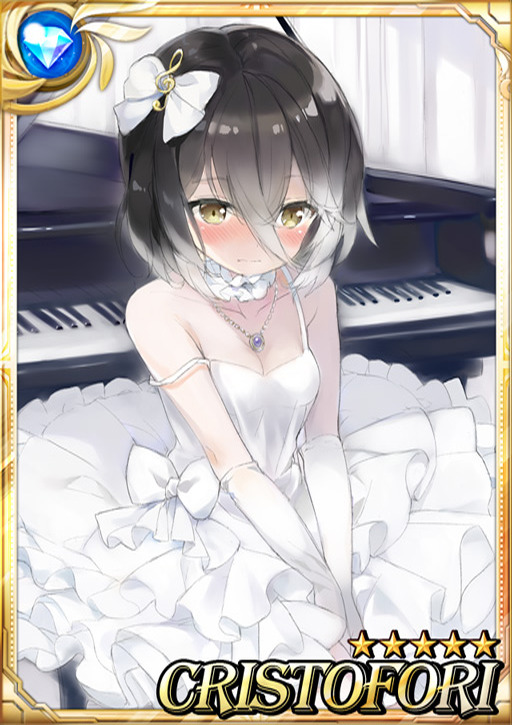
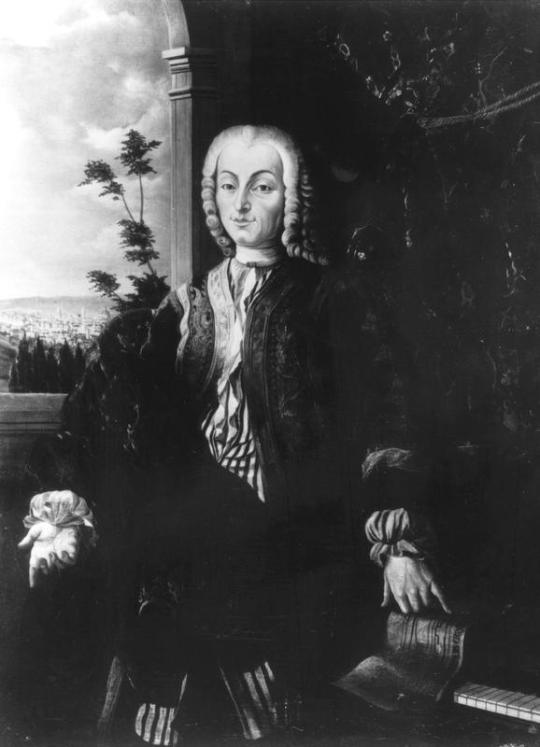
Moriarty asked Cristofori, who invented piano as a special session of the Moehistory Closing party, to play the piano. As it is a closing party, she tries to maintain calm so that she doesn't have to be stressed out before the performance, but she's worried that even this effort will be stressful.
Bartolomeo Cristofori
23 notes
·
View notes
Text
Cristofori Piano Bar conta com novos pratos
Casa aposta em menu executivo para agradar mais paladares
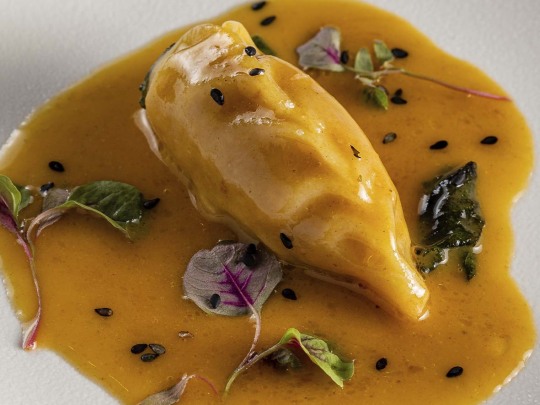
View On WordPress
0 notes
Text
youtube
Carolus Antonius Fodor - Concerto for Forte Piano in G minor, Op. 12 (c. 1790)
1. Allegro con fuoco (0:00) 2. Adagio non tanto (13:09) 3. Rondo alla turque (18:49)
Arthur Schoonderwoerd, forte piano and Ensemble Cristofori Pianoforte Poletti & Tuinman (1795)
2 notes
·
View notes
Text

Ex Silos granario François Hennebique, 1901, Studio Hennebique Bruxelles, Ing: Antonio Carissimo, Giovanni Crotti, Gian Battista De Cristoforis. © 2024 Stefano Bucciero
#architecture#archilovers#photography#building#urbex#urban#urbanexploration#contemporaryart#industrialarchaeology#industrial heritage#françoishennebique#hennebique#genovamorethanthis#genova#mibact#blackandwhitephotography documentary architecture architecturephotography francoalbini robaldomorozzodellarocca francahelg ferrania ferrania#abandonedplaces#industrialphotography#travelphotography#italy
3 notes
·
View notes
Text
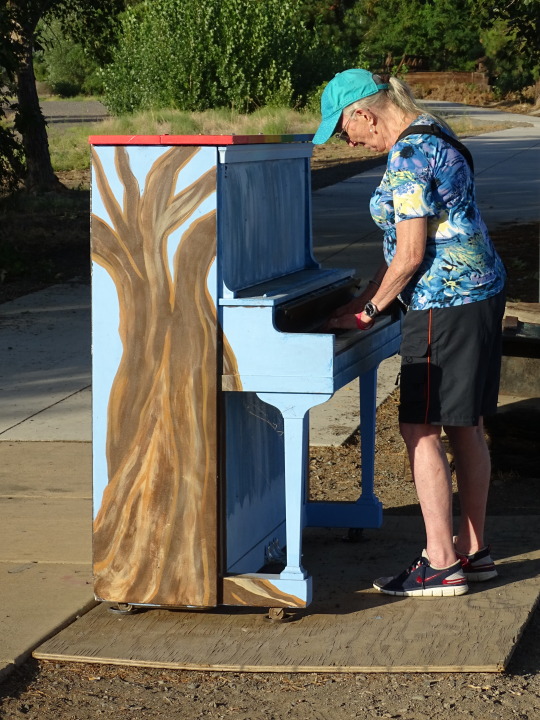
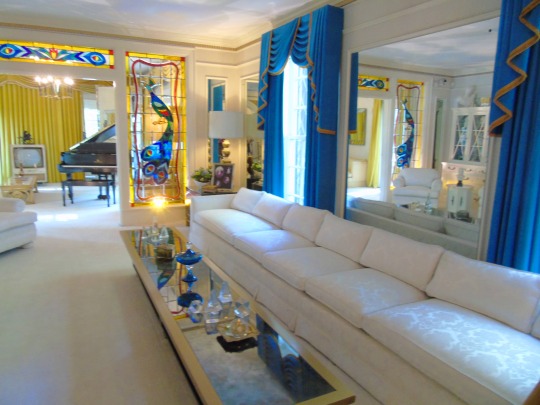




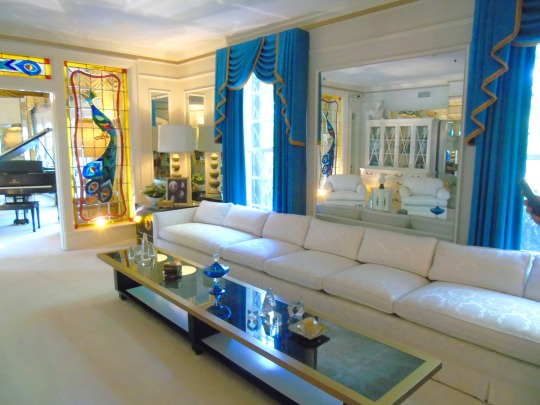
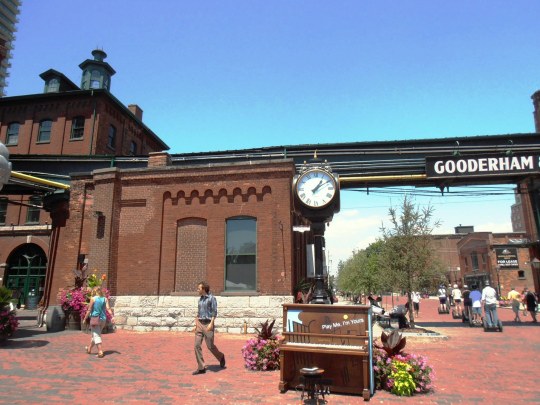
World Piano Day
If you’re a fan of classical music, then you assuredly know about the famous piano. Used in concerts everywhere, the piano has a long history of bringing music to life with its delicate sound and beautiful resonance. But did you know that there’s a holiday dedicated to pianos? That’s right, there’s a day all about the history and love for pianos. Read more to learn about the history of the piano and about how you can celebrate this amazing holiday.
Learn about World Piano Day
World Piano Day has been designed to celebrate this incredible instrument, which has brought many of us joy over the years. No matter whether you play the piano yourself or you have an appreciation for this sort of music, we can all appreciate that listening to a quality pianist is a joy.
If you don’t know much about the piano, today is a great day to explore further. The main thing you obviously need to familiarise yourself with is the keys. After all, the keyboard is the most important part of your learning. If you look at the keyboard, you will see white and black keys that run from left to white. They do not alternative white-black-white-black. There is actually a pattern that is made of five black keys and seven white keys in a certain order. An interval is formed from the beginning of one set of keys and the ending, which is at the beginning of the next set. This is called an ‘octave’, which is simply a type of interval; an interval being the musical distance between two sounds.
In addition to this, it is important to note that the highest keys are on the right and the lowest on the left. If you start on the left side, every key is a half step higher than the one before it. Therefore, you need to go up or down two half steps to make a full step. You simply need to practice a bit to get to grips with these intervals. You should then try other intervals so you can hear the difference in sound.
History of Piano Day
The invention of the piano began through its predecessors, mainly through medieval times as a dulcimer, a fretted string instrument with three or four strings attached. From there it developed into the clavichord, the spinet, virginal, clavecin, gravicembalo, and finally, the harpsichord in the 15th century.
The harpsichord was invented by Bartolomeo di Francesco Cristofori and the harpsichord is considered to be to the closest predecessor to what modern-day people know as the piano because of the keyboards that activated the strings. From there, the harpsichord developed further over the next 300 years into what we know as the modern piano.
Piano Day began as an idea by the German pianist/composer/producer Nils Frahm. Nils Frahm composes classical piano music with electronic music, reforming piano music with an unconventional approach. He launched the holiday back in 2015. When Frahm was asked why the world needs a Piano Day, Frahm replied back “…mostly, because it doesn’t hurt to celebrate the piano and everything around it: performers, composers, piano builders, tuners, movers and most important, the listener.”
Since then, the holiday expanded as people held concerts, recitals, lectures, and demonstrations. An official website, Pianoday.org, lists all the concerts and events you can go to all over the world to help celebrate the beauty of the piano.
How to celebrate Piano Day
If you love hearing classical music, then listen to some beautiful classical music on your favorite device. If you’re wanting a fun night out, then attend a concert at your local theater. If you’re really adventurous then take some piano lessons at your local colleges or through online courses. While listening or playing amazing piano music, use the hashtag #worldpianoday on through your social media devices and let everyone know that this day is all about the beautiful piano.
If you have never played the piano before, you may feel at a little bit of a loss regarding what you should be looking for in an online course. But, don’t fret, as we have some top tips to help you out. The first thing you need to do is make sure that the website providing the piano lessons is right for your level.
Some websites start at the very beginning and are designed for those who don’t have a clue about playing the piano. Therefore, they will teach you how to read music and so on. However, there are other websites that have lessons for those who already have experience and are seeking more advanced lessons so that they have something to aim towards. In addition to this, you should take the time to read reviews that have been left by people and experts that have already used the website in question. This will save you a lot of time.
If you come across a lot of negative reviews from people saying that the lesson was too difficult to follow for beginners, for example, then you know to look elsewhere. Finally, you need to decide if you want to opt for free or paid lessons. In the beginning, it is worth looking into free resources. If you are then struggling to find something that matches your needs, consider a paid version, but do extensive research before spending your cash.
Source
#Distillery District#Graceland#Country Music Hall of Fame and Museum#USA#Memphis#Nashville#Tennessee#Toronto#Ontario#Canada#travel#summer 2016#2012#original photography#vacation#tourist attraction#landmark#cityscape#architecture#grand piano#Elvis Presley#upright piano#World Piano Day#28 March 2024#WorldPianoDay#Kalmath Falls#2023#or 29 March#unclear date#88th day of the year
2 notes
·
View notes